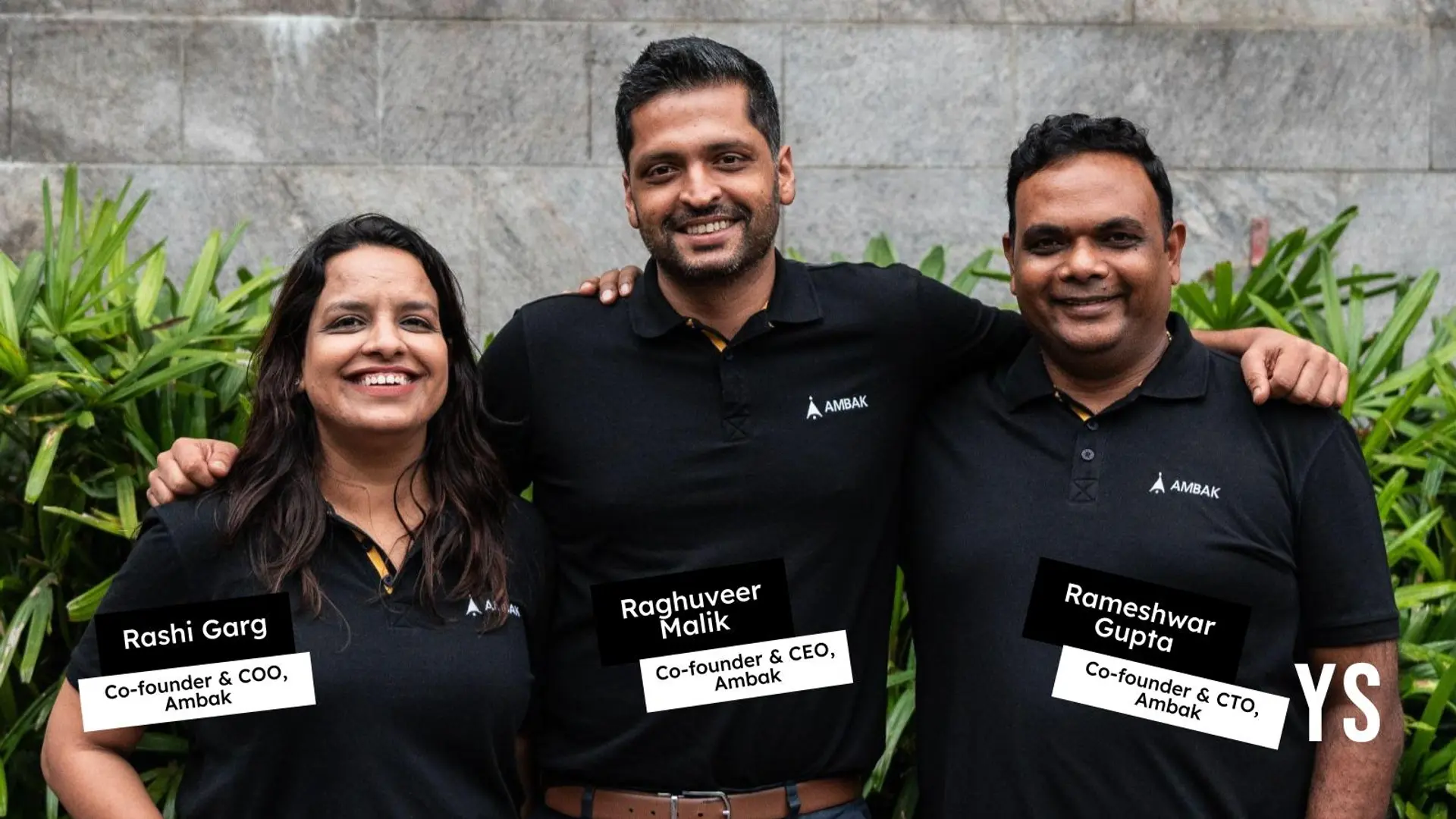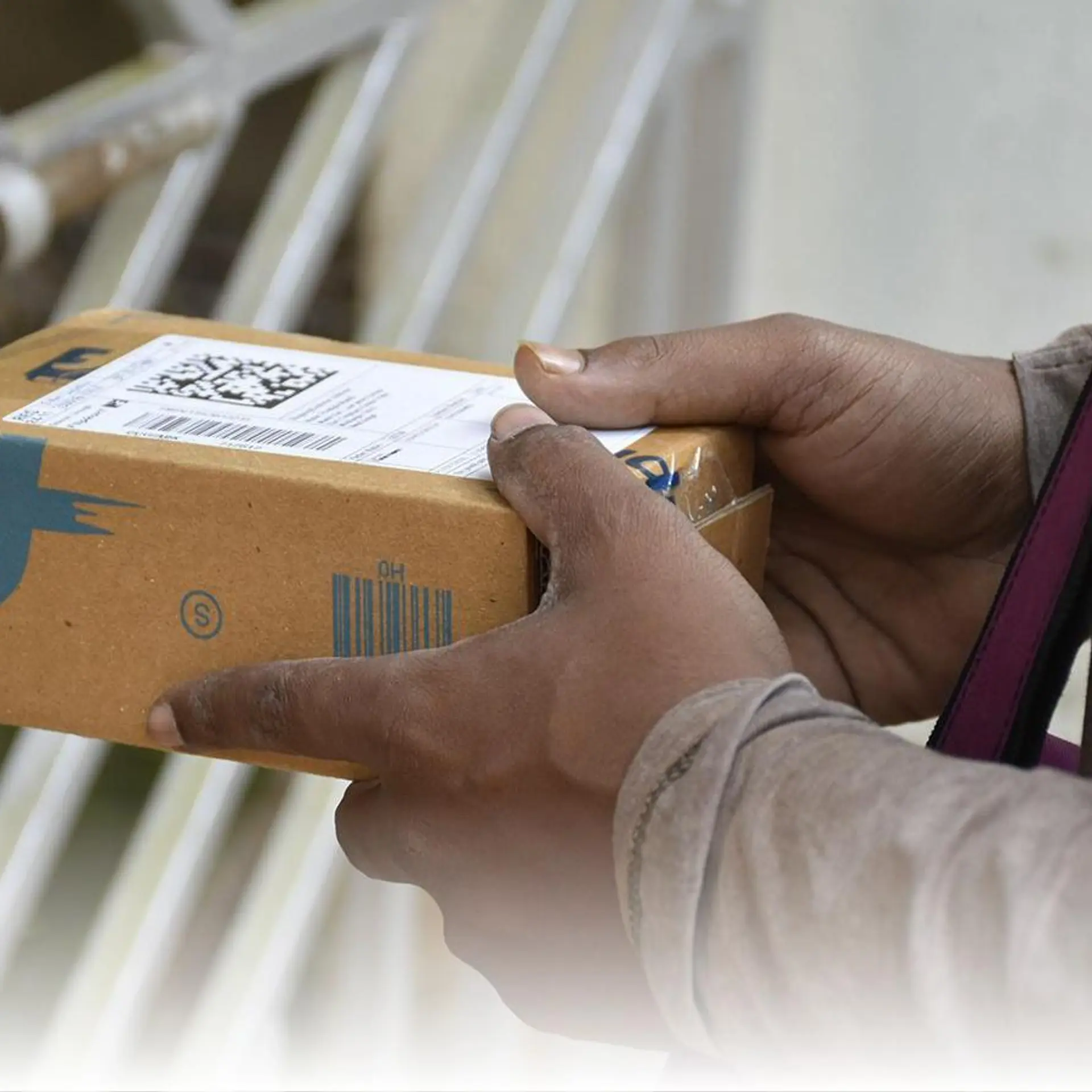These women entrepreneurs started an edtech platform to enable peer learning
Hyderabad-based startup LevelApp provides an online peer learning platform for K-12, bachelor’s, and PhD levels, along with skill-based learning for languages and technology.
Suchitra Reddy and Ashwitha Reddy Chinnamail were in the final year of their four-year bachelor’s course in computer science and information technology at Jawaharlal Nehru Technological University in 2016, when they noticed the lack of instant peer learning platforms in India.

Suchitra Reddy and Ashwitha Reddy Chinnamail, Co-founders of LevelApp
“Whenever students want to learn anything, they have to either see recorded platforms like Udemy and Udacity, or resort to searching on Google. Learning live with a tutor was unheard of when we were students,” Ashwitha tells HerStory.
In 2016, the duo decided to start to tap India’s growing edtech sector. The startup aims to help students find the best tutors from among their own peers or seniors, get instant answers for their doubts, and earn through their knowledge. It focuses on topic tutoring as against subject tutoring, and offers online and in-person learning.
The LevelApp journey
Hyderabad-based Suchitra and Ashwitha are now pursuing their master’s degree in computer science and business administration respectively from California State University, Long Beach. The duo was later joined by Sai K Arni and Srikanth Sammeta as co-founders; they are also based in Hyderabad.
A learner can sign up for a demo class for any subject of interest before paying for the course. The demo session also allows tutors to gauge a learner’s skills and ability, and plan lessons accordingly.
So far, more than 7,000 students from across 19 countries are enrolled on the platform. The edtech platform offers courses for K-12, bachelor’s, and PhD levels, as well as skill-based learning for languages and technology.
In India, where tutoring children after school is the norm, such learning platforms are likely to see high adoption.
Since the lockdown was imposed in March, the platform has witnessed more school-going children signing up for summer classes such as coding, game designing, robotics, creative writing, classical dance, and musical instruments, among others.
The founders credit the startup’s successful international expansion to their move to the US for higher education last year. They now spend their days coordinating between their 15-member team across Singapore, Canada, and India.
Bootstrapped with an initial investment of Rs 10 lakh, the startup says it is self-sustainable at the moment and will look to raise funds only six to eight months later.
Ashwitha shares that the duo did not face any gender bias, and were benefited after being incubated at WE Hub, which has been a supportive ecosystem and offered help inoperational and marketing-related efforts.
The roadblocks
The road to starting up presented a set of challenges for the young entrepreneurs, fresh graduates at the time.
The biggest challenge initially was hiring as most people "would not trust and join a young startup". Making business-related decisions was also tough for the team of four people (at that time), "none of who had an MBA or background in business".
“Thankfully, two of the members had work experience of around three years and played a key role in hiring people; they knew what to look for,” Ashwitha says.
Ashwitha recounts that initially they “made the mistake of focusing only the product development”. “We thought that only the product should be developed, and everything else would fall in place. We learnt later that marketing and other aspects also needed to be addressed. The fact that there is more to business than just presenting the product is the biggest lesson I have learnt.”
She adds that one of the mistakes they made in the initial stage was assuming customers’ needs, without asking or researching. For instance, they started offering the service by charging them per minute instead of the current model of payment per hour.
The team’s belief was that learners would not need to waste more money by paying for a whole hour. They later found that most users were beginning to feel the pressure to keep an eye on the clock instead of focusing on learning.
“We learnt the importance of research in business development. If I had to restart the whole journey, I would spend the most amount of time on research,” shares the entrepreneur, adding that it is important for all entrepreneurs to have the patience to see their startup grow and succeed.
The surge in growth in e-learning after the coronavirus-induced lockdown is good news for edtech startups like LevelApp.
A report by and found that edtech users, both free and paid, doubled from 45 million to 90 million, with 40 percent increase in willingness to pay, between 2019 and 2020.
The market for online education is expected to reach $ 1.7 billion by 2022 and increase by 6.3 times.
And LevelApp, and the founders, seem poised to tap this burgeoning market.
(Edited by Teja Lele Desai)
Edited by Teja Lele









